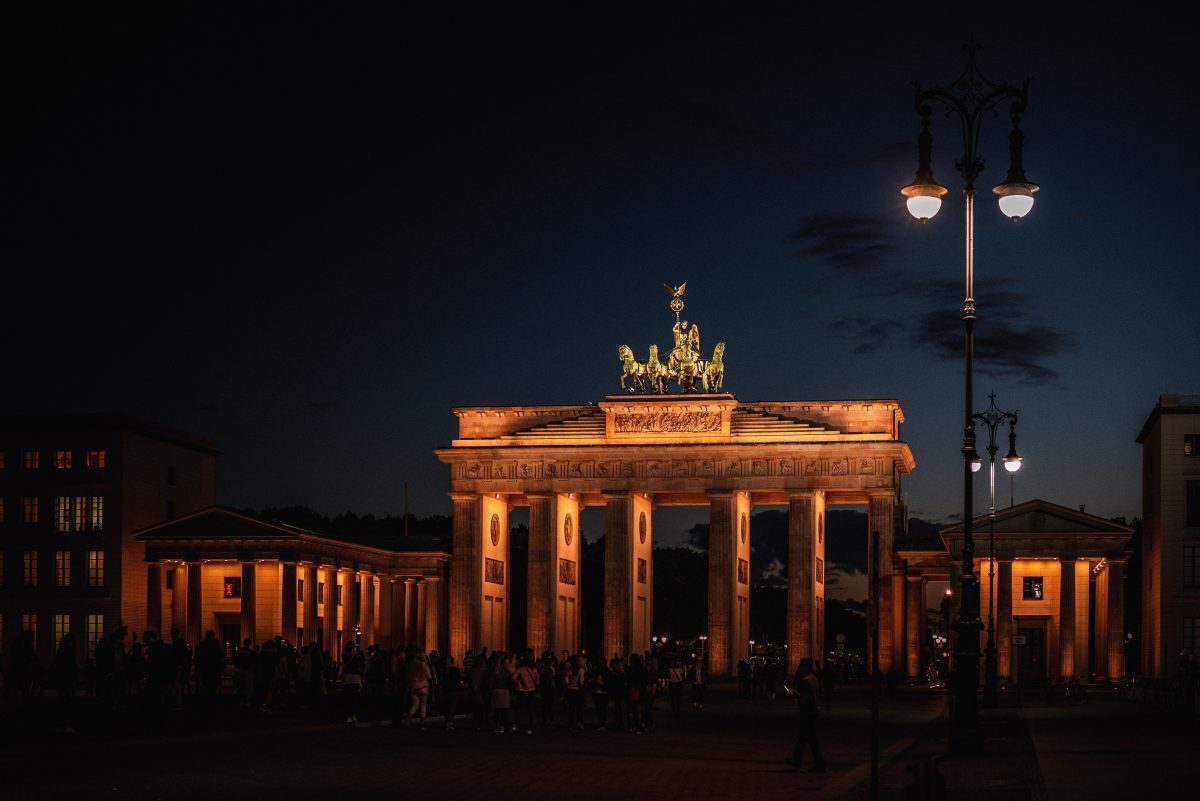Why Is Berlin So Important In World History?
The German capital of Berlin has been the epicenter of world history throughout its tumultuous past. Located in the eastern part of the country, the city has seen its fair share of conflict, from the Napoleonic Wars to World War II and beyond, it has served as a point of conflict, change and development throughout the centuries. Berlin is not just an important city for Germany, but throughout Europe and the world, as it has served as a center for race, religion and economic change and an important hub for culture and intellectual development.
Berlin’s importance in world history truly began during the Enlightenment period with its literary roots, becoming home to many established authors and poets. Berlin became a hub for philosophy and science, at a time in which these ideas were gaining recognition everywhere. As a movement, the Enlightenment began to spread in Europe, especially in Germany, where it gave momentum to a new wave of thinkers and activists that led to revolution and reforms driven by their ideas.
Berlin’s cultural contributions during this era are notable for the modern world. The city was the birthplace of a number of notable works by famous authors, poets, musicians and composers, including Friedrich Schiller, Johann von Goethe and Wolfgang Amadeus Mozart. In spite of its cultural contribution, however, it was also a time of tension and repression, with strict censorship enforced by the government.
The 19th century marked an important period of change and development in Germany, particularly in Berlin. After defeat in the Napoleonic Wars, Germany was divided into smaller states. German unification in the 1860s allowed Berlin to become the Prussian capital and develop further as an industrial hub. This led to further advances in technology which, with unification, gave rise to new ideas of modernization, creating what was often referred to as the Second Industrial Revolution. The 19th century saw several political upheavals in Europe which eventually led to World War I. Though much of Europe was devastated by this conflict, Germany had been particularly hard hit; this led to a period of economic depression in Germany following the war. The effects of the war sparked a radical change in Germany during the Weimar Republic period of 1919-1933. Berlin was now home to an entire generation of activists, intellectuals and revolutionaries who sought to bring about change in a society affected by economic gap and growing political extremist movements.
This period also marked an important time for artistic exploration and experimentation. Berlin became a mecca for creatives from all over the world who could express their freedom of thought through music, literature and cinema. Notable Berliners of this era included Paul Klee, Walter Gropius and Albert Einstein.
Eventually, Germany would become the site of another major war, the Second World War. During World War II, much of Berlin was shattered due to Allied air raids and food shortages. However, it was also during this time that another unique moment occurred; with parts of the city divided due to conflicts in ideology, Berlin became a microcosm for two very different worlds colliding: Communism and capitalism. On one side of town was East Berlin, home to Soviet-aligned forces; on the other side was West Berlin, home to Allied-aligned forces. Berlin soon became the symbol of Cold War tensions between East and West – it was through the symbol of Berlin that people could see the world divided between ideological enemies.
The city would eventually witness its transformation during modern times after the fall of the Berlin Wall in 1989. This inaugurated a period of rapid development fueled by globalization; from technology to real estate and from health care to education, Berlin quickly transformed into a capital of innovation and progress.Berlin has also served as an integral piece in European politics following its reunification with West Germany in 1990. The reunification instilled a newfound sense of national pride in citizens throughout Germany and Europe as a whole –it serves a reminder that nations can come together despite differences to foster progress and prosperity for its citizens. In addition to this sense of hope, Berlin has become an increasingly important finance capital for Europe; while London remains largely regarded as Europe’s financial center, Berlin has become an increasingly attractive alternative due its low costs of living coupled with its unique cultural vibrancy.
All in all, it is easy to see why Berlin has been so important in world history – it is a city that has experienced so much conflict yet proven itself stable despite these upheavals. It has been connected to some of Europe’s greatest moments – from revolutionary movements to industrialization adaptations – it has served not only as an epicenter for new thought but an example that one can overcome turmoil and painful divisions to once again inhabit unity and prosperity – no matter the circumstance.
History.com is a great source for learning about the key moments in Berlin’s long arc of history and how these moments have each served shaping world history today.
Table of Contents

